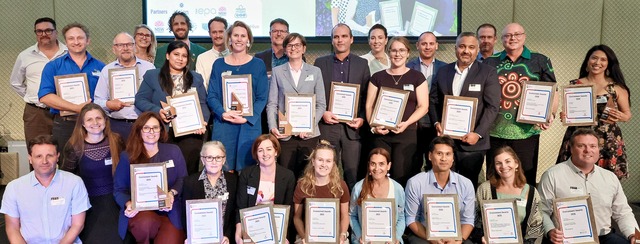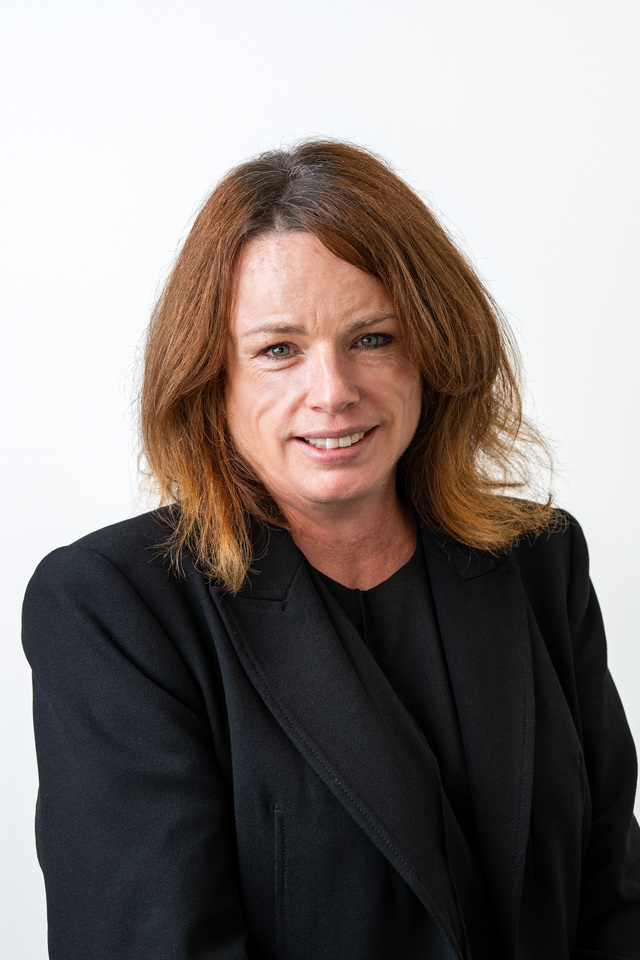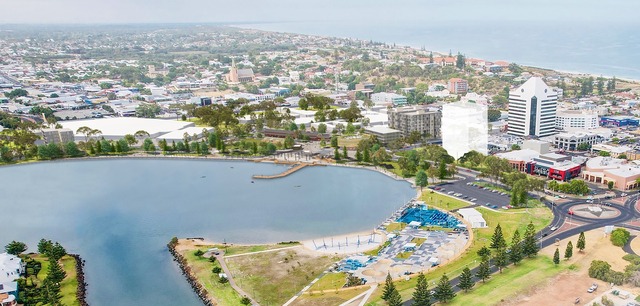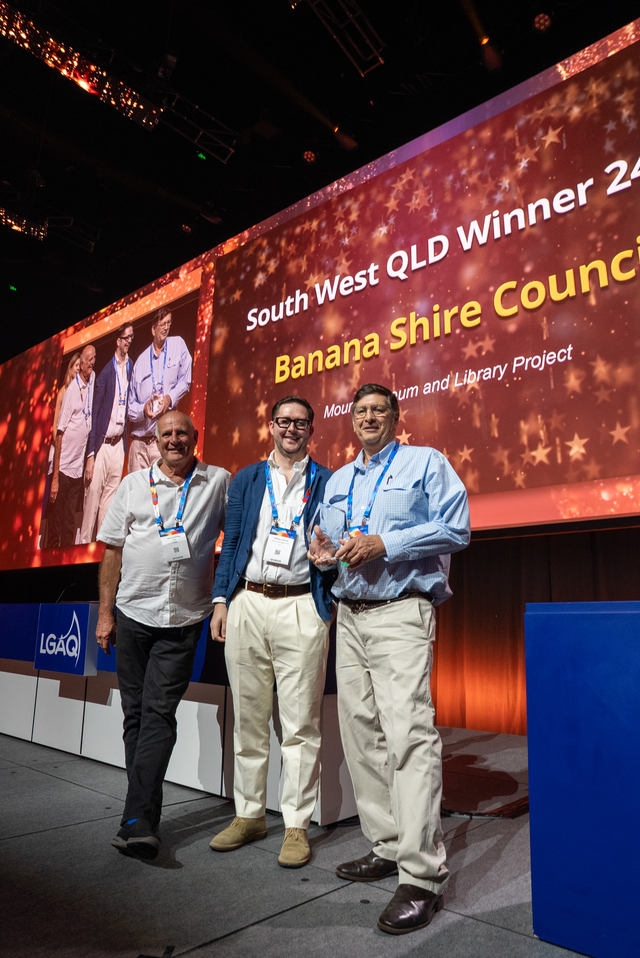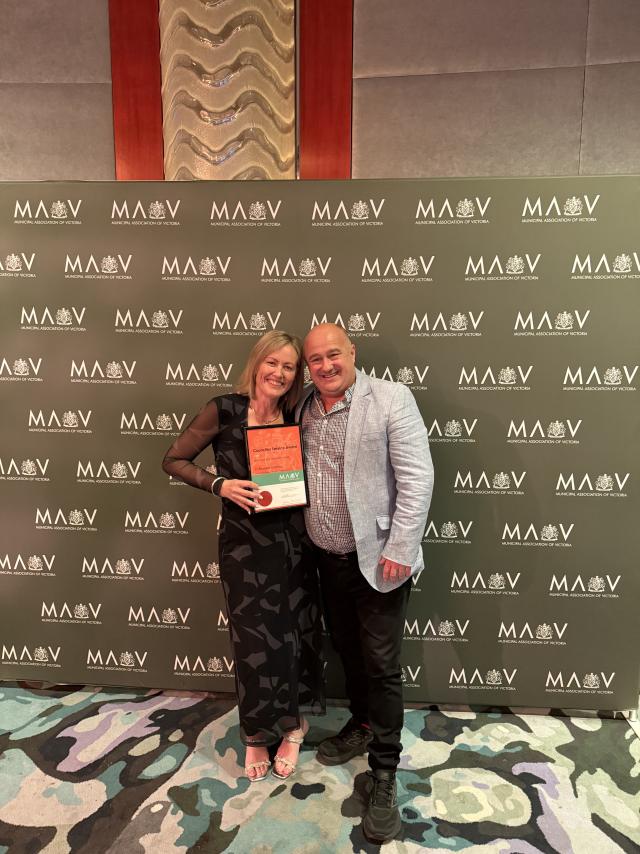The passing of former Deputy PM Tim Fischer last month was a happy-sad occasion.
Happy in the sense that the nation gave him a fantastic send off.
He seemed resigned to his fate of contracting acute myeloid leukaemia, following bouts with bladder cancer, prostate cancer and two melanomas. The advice was that his immune system had weakened due to exposure to Agent Orange during his Vietnam War years, but Tim never made a big deal of it.
I recall my best mate Rowan (from Warragul days) dying about five years ago of the same disease. His doctors had also suggested that Agent Orange was the likely culprit. Rowan was part of a network of Vietnam Veterans documenting the hundreds of cancer-related illnesses among them.
I read the letter to him from the Department of Defence denying all responsibility. It was a disturbing brush-off and the tone of the letter crushed Rowan – he wasn’t after money, just a simple
admission of culpability.
Thinking back, what might have happened if the Vietnam Veterans had have gone harder, by getting more expert medical opinion, organising more rallies and finding high-level champions for their cause?
Monash’s posthumous recognition
Anyway getting back to Tim Fischer, he was the world’s greatest believer in Sir John Monash and his leadership on the western front during WW1.
About six years ago I was assisting Jerilderie Shire Council with a funding submission for a Monash Centre in Jerilderie, his home town. And since Tim was a local (Boree Creek is close by) he offered to help to lobby the proposal.
He invited me to a meeting in Canberra with the then RSL President, and we had a great meeting of minds.
Towards the end of the meeting the RSL President asked Tim how he was going with getting Monash a posthumous Field Marshal rank (there are only three with this rank). Tim replied that he was ‘experiencing heavy weather’ with the military establishment which was arguing that Monash basically hadn’t the formal career path to justify the rank.
Most people would be incandescent at this bureaucratic BS, which was confirmed by PM Turnbull a couple of years later when he knocked Tim back. Tim never made a public comment to my knowledge, but it surely hurt him.
Take home message?
Appreciate the decent politicians that the system pushes forward from time to time. A group of ex-bureaucrats did a straw poll here recently, and for what it’s worth our Top Ten (in no particular order) were Ken Wyett, Greg Hunt, Sussan Ley, Darren Chester (all conservative), Tania Plibersek, Kristina Keneally, Mark Dreyfus, Penny Wong and perhaps surprisingly Anthony Albanese (all Labor), and Jacqui Lambie (independent).
Regional food tourism
A couple of months back in this column we were mulling about regional food tourism, but we ran out of room to flag a Cockatoo member’s sensible suggestions. They are as follows.
“Clearly there’s a big market for TV shows based around food tourism. This hands-on TV marketing could be pushed further by incorporating unique regional offerings like organic food farms and orchards, seafood (both offshore and river farms), cheese factories, boutique breweries, micro gin and whisky distilleries along with wineries and quality restaurants all drawing on an area’s special offerings.
“The airlines do feature hand-picked food and wines on their menus, but this could be taken further by offering ‘specialties’ of a particular region. ‘For example, one month it could feature the Barossa, then the Hunter, Gippsland, Riverina, Atherton Tableland and so on. It might take a bit of organisation, but Qantas or Virgin might just jump at it.”
Three quotes no longer required
We have received confirmation from the federal Department of Infrastructure that three quotes are NOT required for recipients of grants under the Building Better Regions Fund and similar programs.
This is significant because for many years applicants had to go through the charade of getting second and third quotes when they knew well (i) who they wanted to do the job,and (ii) that they would be putting other consultants to unnecessary bother.
Under the new arrangements, the grant recipient still needs to verify the project costs provided in the application, and provide evidence of quotes for major costs. Don’t tell fibs in this process because the feds have a good overview of consultancy rates, building costs etc.
Equine clusters
We are currently talking to councils and regional racing clubs about a submission, or suite of submissions, for federal/state funding towards studies of equine clusters.
This is a very important industry in many regional areas, and we have a study of the Lambourn UK cluster that is a marvellous example of how to illustrate the potential value of the equine industry.
One option is for a collaborative cross-border initiative. If that proves too hard, we propose to run separate submissions. Contact us ASAP if this makes sense.
Rod Brown is a Canberra-based consultant and lobbyist specialising in industry/regional development, investment attraction and clusters, and accessing federal grants. He also runs the Cockatoo Network.
Phone: (02) 6231 7261 or 0412 922 559
Email: apdcockatoo[@]iprimus.com.au


